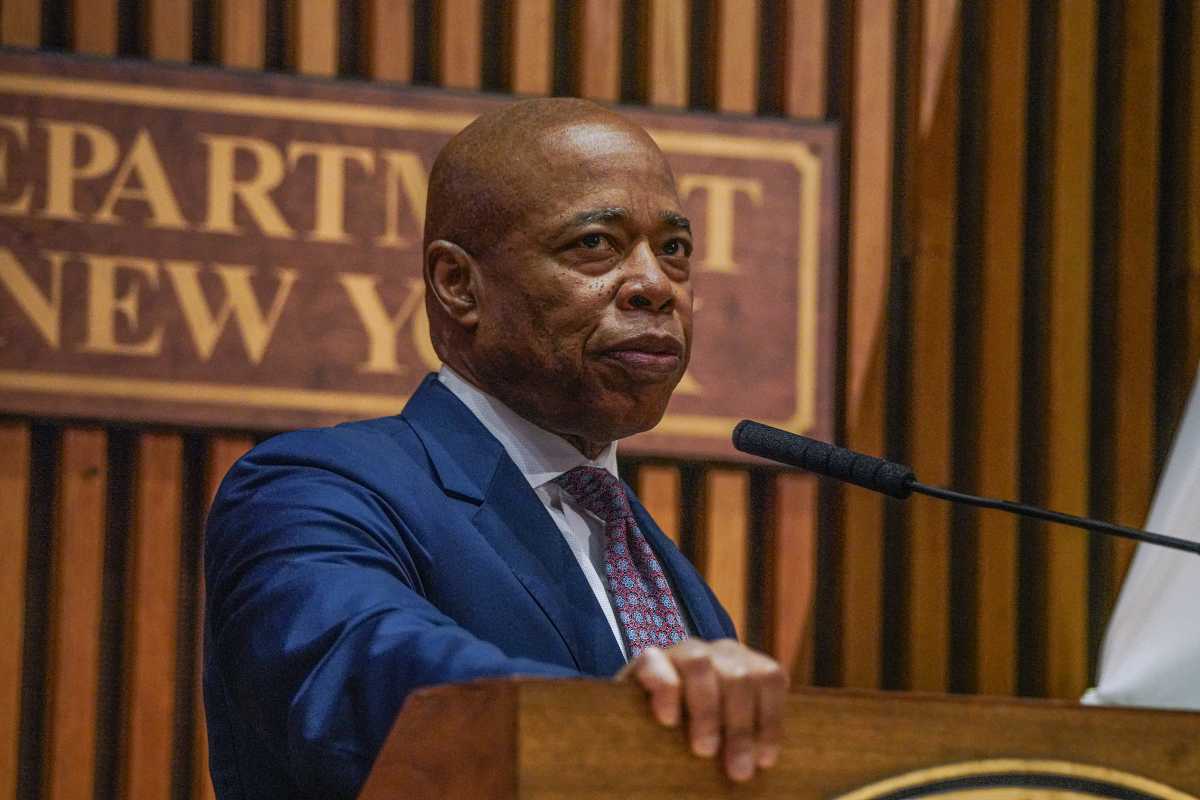By Bill Parry
New York City took another step toward a greener future last week when the City Council voted overwhelmingly to pass the Clean Oil Heating Bill sponsored by Councilman Costa Constantinides (D-Astoria).
The legislation ensures more sustainable energy consumption by increasing the use of biodiesel fuel in home heating oil from the current standard of 2 percent to a 5 percent blend by October 2017 and then raises that blend up to 20 percent by 2034 on an incremental basis.
“Expanding use of biofuel in our heating oil would reduce pollution, upgrade air quality and improve our public health,” Constantinides said. “INT. 642-A is a tested solution that will bring us closer to our goal of reducing carbon emissions 80 percent by 2050 and help us combat the effects of climate change.”
Biodiesel is a significantly cleaner heating fuel than petroleum, as it can emit up to 90 percent fewer greenhouse gases and 10 times less particulate matter, according to Constantinides. The increase from a 2 percent to 5 percent blend would have an environmental impact equivalent to taking 45,000 cars off the road. A 20 percent blend would reduce the citywide petroleum consumption by over 150 million gallons and could decrease carbon emissions by up to 40 percent, equivalent to taking 175,000 cars off the road.
Environmental advocacy groups New York League of Conservation Voters, Environmental Defense Fund and Empire Clean Cities supported the legislation.
“The fact of the matter is buildings make up 75 percent of our emissions and we have to take every opportunity to reduce them if we are to meet our 80 by 50 goal,” New York League of Conservation Voters President Marcia Bystryn said. “Not only will increasing the biofuel blend in our home heating oil help fight climate change, but it will also save lives by reducing the particulate matter released into the air.”
Blending biofuel in heating oil has been a citywide practice since 2012, when then-Mayor Michael Bloomberg signed into law a bill that required home heating oil to contain a 2 percent blend. In New York City, biodiesel is predominantly sourced from restaurants that sell their used cooking grease to grease collectors to turn into biofuel.
The legislation did have some detractors. A coalition of environmental groups, including HabitatMap and Vets4Energy, agree with a recent study by the World Resources Institute which concludes: “Bioenergy that entails the dedicated use of land to grow the energy feedstock will undercut efforts to combat climate change and to achieve a sustainable food future.”
Constantinides contends that a “substantial portion of our biofuel comes from recycled greases, fats and the waste product from soybean crops” rather than crops grown specifically for that purpose.
“This is a doable policy that will make our city more sustainable and support green jobs,” he said. The City Council voted 47-3 in favor of the measure and Mayor Bill de Blasio is expected to sign it into law.
Reach reporter Bill Parry by e-mail at bparr




































